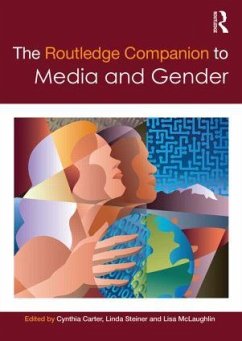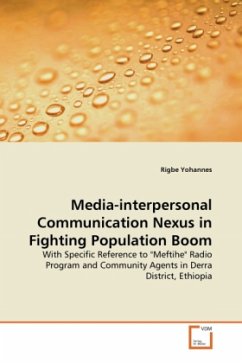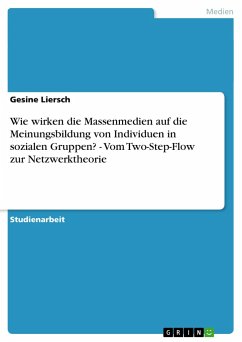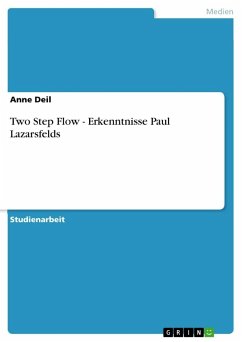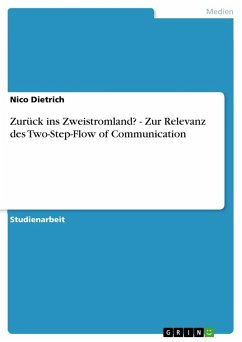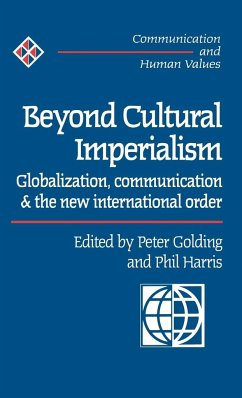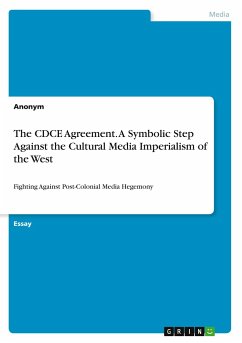
The CDCE Agreement. A Symbolic Step Against the Cultural Media Imperialism of the West
Fighting Against Post-Colonial Media Hegemony

PAYBACK Punkte
0 °P sammeln!
Essay from the year 2019 in the subject Communications - Media History, grade: 1,3, University of Tubingen, language: English, abstract: The existing gap in the trade agreements concerning a "cultural exception" led me to my thesis statement. It proves the role of the CDCE agreement as a symbolic but crucial step towards cultural diversity in the media sector and against the cultural media imperialism of the West. For my analysis, I will choose a cultural approach. This approach is very convenient because the political and economic restrictions that were put in law by the CDCE agreement all af...
Essay from the year 2019 in the subject Communications - Media History, grade: 1,3, University of Tubingen, language: English, abstract: The existing gap in the trade agreements concerning a "cultural exception" led me to my thesis statement. It proves the role of the CDCE agreement as a symbolic but crucial step towards cultural diversity in the media sector and against the cultural media imperialism of the West. For my analysis, I will choose a cultural approach. This approach is very convenient because the political and economic restrictions that were put in law by the CDCE agreement all affected cultural exchanges and supported cultural industries of developing countries. Assisting the developing countries in building up their own media systems to promote cultural expression is an important mechanism of the agreement, which helps to reduce the cultural inequality.The influence of liberalistic structures on culture grew because of international trade agreements like the WTO or the GATT. Thus, the CDCE agreement is seen as a movement against these liberalistic structures and tends to provide restrictions for cultural industries. Due to the restrictions that are set up to protect the cultural sector, debates about the limitation of the free flow of information increased. The former foreign minister Rice expressed her concern by saying that the Convention could be misused to justify a restriction of the free flow of information.The question if the resolutions of the CDCE are able to limit the free flow of information or if they are even an encouraging measure for a more diverse flow of information, is one of the topics that I will analyse in the following main part. In addition, I will look at the capacity of the CDCE agreement to establish media structures in the developing countries to provide an equivalent distribution of cultural products.





